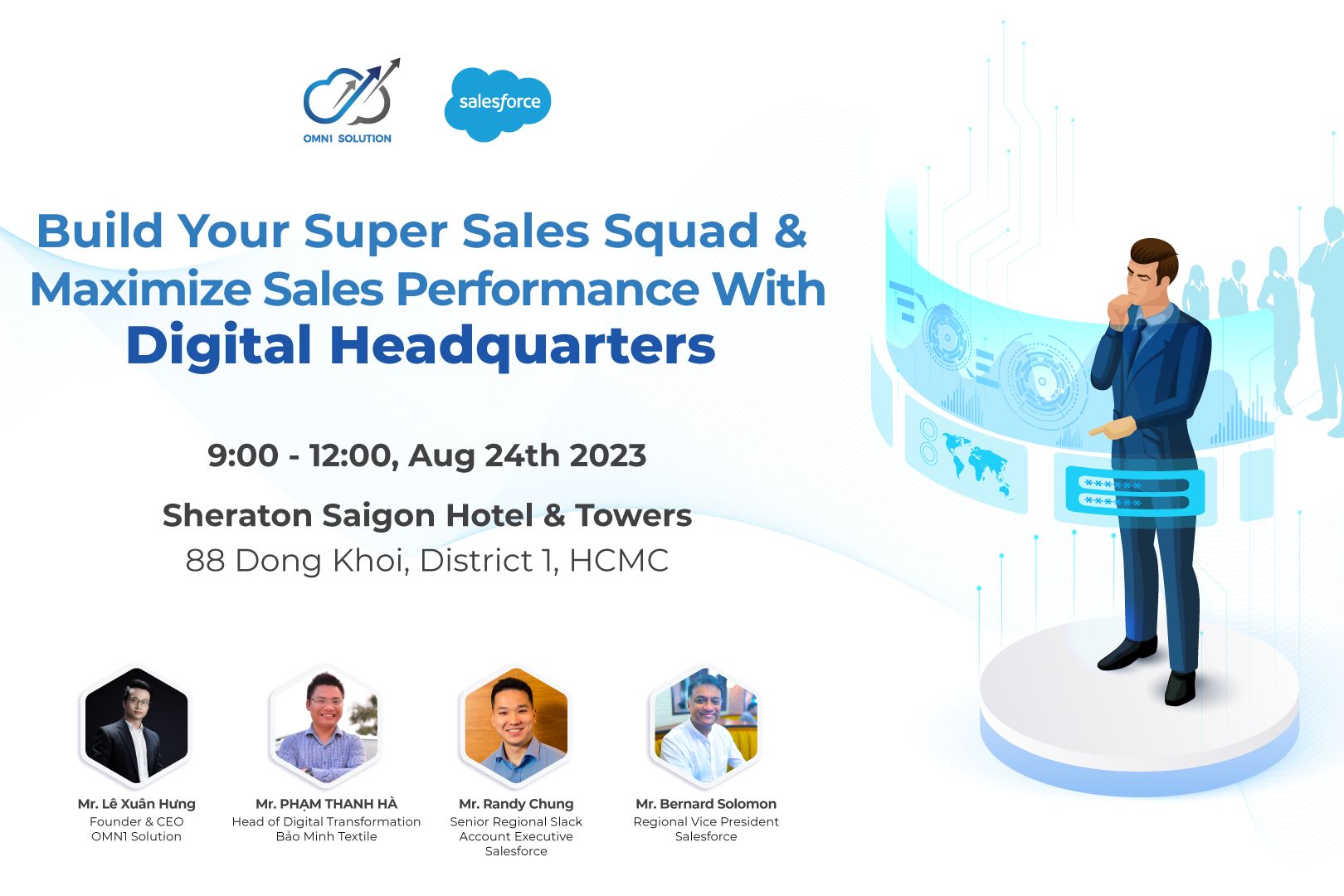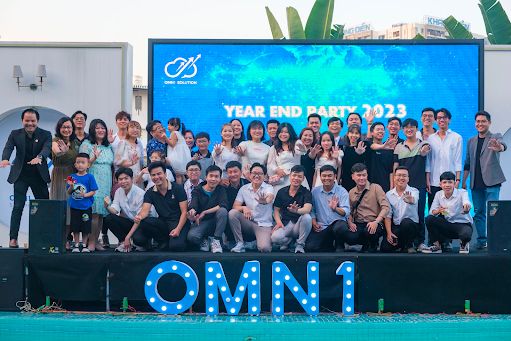Discover the role of CRM in modern businesses: centralized data management, sales automation, improved customer retention, and optimized profitability.
Core benefits CRM brings to Enterprises
In today’s highly competitive landscape, customers not only seek quality products but also expect fast service and personalized experiences. This is where the role of CRM becomes truly significant.
According to Grand View Research (2024), the global CRM market reached a value of over USD 71.1 billion and is projected to grow at a CAGR of 13.9% from 2024 to 2030. These figures prove that CRM is no longer an “optional tool” but has become a mission-critical system for businesses.
Some of the core benefits of CRM include:
- Centralized data management: CRM enables businesses to store, categorize, and analyze customer data in one place, minimizing the risk of information loss.
- Sales process automation: Salesforce estimates that companies using CRM can save up to 30% of manual data entry time, allowing teams to focus more on customer care.
- Improved customer retention: According to Harvard Business Review, increasing customer retention by just 5% can boost profits by 25–95%. CRM plays a direct role in building and maintaining these strong relationships.
Clearly, the role of CRM extends beyond information management, serving as a driver of overall performance optimization.
Practical applications and long-term value of CRM
Numerous B2B and B2C enterprises worldwide have demonstrated the effectiveness of CRM in practice. Salesforce – the world’s leading CRM platform – is trusted by over 150,000 businesses globally, including major corporations such as Coca-Cola, Adidas, and Toyota.
Practical applications of CRM include:
- Personalized customer experiences: CRM analyzes behaviors and purchase history to recommend the right products, boosting conversion rates.
- Accurate sales forecasting: Businesses can predict revenue based on historical data and customer behavior. Salesforce reports that companies using CRM can improve sales forecast accuracy by over 40%.
- Enhanced marketing effectiveness: CRM bridges marketing and sales teams, ensuring campaigns reach the right target audiences.
The long-term value of CRM lies not only in driving immediate sales but also in building customer loyalty. This foundation helps businesses sustain competitive advantage in a constantly evolving market.
Conclusion
From data and customer experience to sales forecasting, the role of CRM goes far beyond traditional information management. It has become a strategic tool that enables businesses to modernize processes, improve efficiency, and create sustainable value.
If your business is seeking a comprehensive CRM solution, Salesforce is the top choice. With flexible customization, robust integrations, and global support, Salesforce is not just customer management software but a trusted partner in your long-term growth journey.
👉 Don’t let your business fall behind the digital era. Adopt CRM today to elevate customer management in the age of digital transformation.












